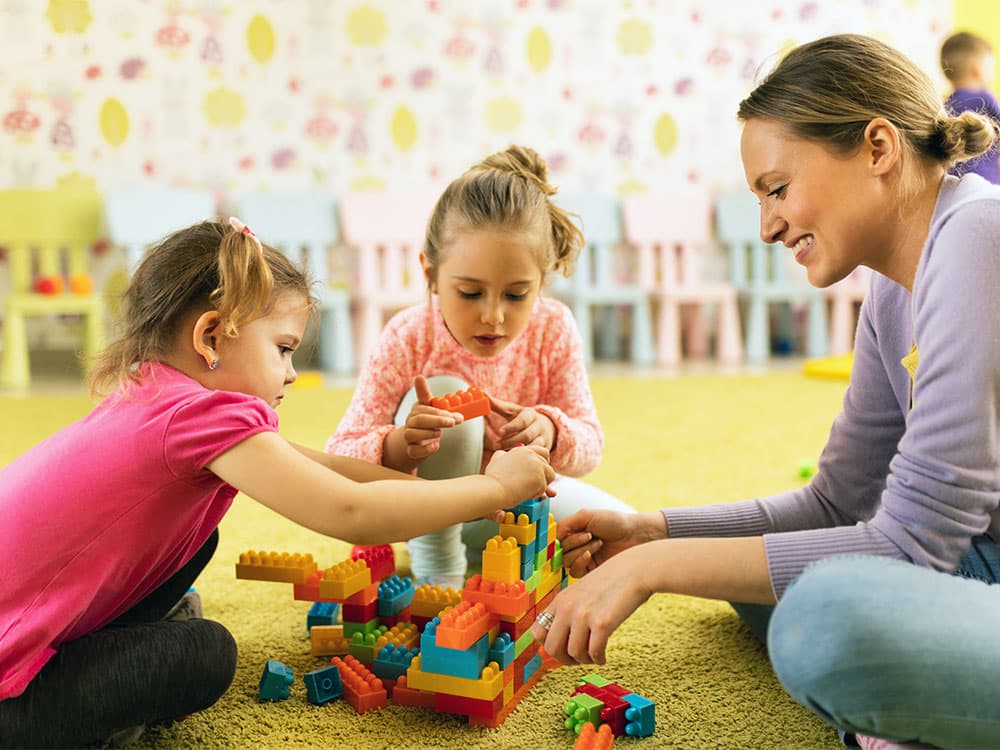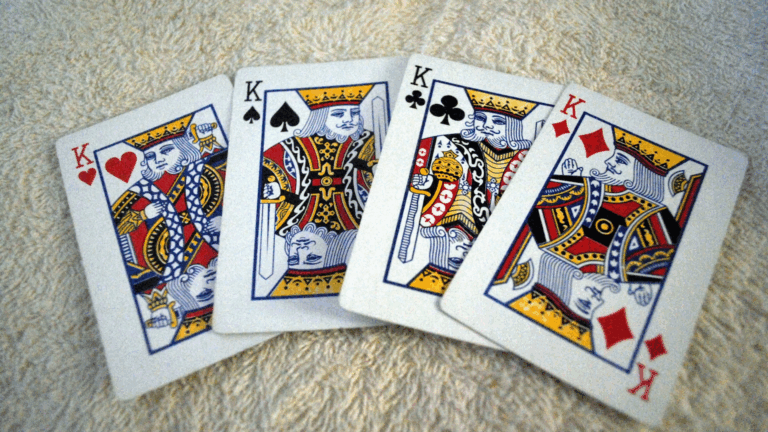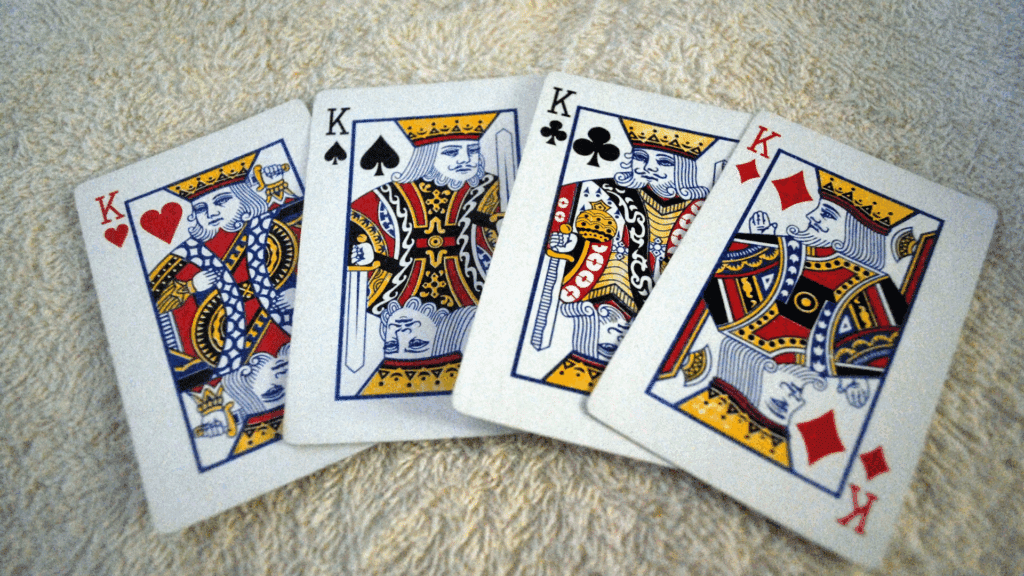When was the last time you saw a child light up with excitement while playing a game? Chances are, it wasn’t just fun they were having—they were also learning.
For children with special needs, play is not only an activity that brings joy; it’s an essential tool for cognitive development. Whether it’s a structured board game, a puzzle, imaginative role-play, or sensory-rich activities, play helps children grasp concepts, build social skills, and develop problem-solving abilities.
But what’s the science behind it? Why is play so crucial for cognitive development in special education? And what can parents, teachers, and educational psychologists do to make the most of it? Take a (very small) seat in front of the imaginary blackboard—we’re about to break it all down.
What Does Cognitive Development Look Like in Special Education?

Cognitive development refers to how a child learns, thinks, and solves problems. For children with special needs, this process often requires tailored approaches, as traditional methods may not always align with their needs.
Special education professionals focus on meeting these unique needs by creating structured environments and activities that promote skills like memory, attention, problem-solving, and social interaction. Play, as it turns out, is a vital ingredient in all of this.
Why is Play a Game-Changer for Cognitive Development?
It’s simple—children learn best when they’re engaged, curious, and having fun. Play creates the perfect environment for this to happen. For children in special education, play can improve essential skills like the following:
- Memory Retention: Games with rules and repetition can help improve memory over time.
- Problem-Solving: Activities like puzzles and building blocks promote critical thinking.
- Language Development: Interactive play, such as naming toys or acting out scenes, helps with vocabulary building and communication skills.
- Social Interaction: Group games teach collaboration, turn-taking, and empathy.
Play is also sensory-rich, catering to the specific developmental needs of children with autism spectrum disorders, sensory processing disorder, or other, related conditions. Things like textured toys, rhythmic games, or calming sensory bins can make the world a much easier place to understand.
The Science of Play and the Brain
Studies show that play stimulates neural connections in the brain, especially during the early developmental years. When children engage in playful activities, their brains release a hefty dose of dopamine—the “feel-good” neurotransmitter—which strengthens motivation and learning.
More specifically, structured play can significantly enhance executive functions, the brain’s command center that handles processes like decision-making, attention, and task-switching. These improved skills aren’t just helpful in the classroom; they’re life skills children can carry forward.
How to Incorporate Play into Special Education Settings

Teaching special needs children is both a science and an art. If you’re a teacher or parent wondering how to integrate play effectively, here are some practical tips to get you started.
1. Pick Activities Aligned with Developmental Goals
Start by identifying what the child most needs to work on. Fine motor skills? Social interaction? Critical thinking? Choose activities or games that align with these objectives. For instance, stacking blocks can aid motor skills, while team-based games foster social connections.
2. Use Sensory Play for Exploration
Sensory play is highly effective for engaging children with special needs. Consider items such as kinetic sand, water tables, or musical instruments. These activities help children process sensory input while keeping their attention engaged.
3. Introduce Role-Playing Games
Role-playing is an excellent way to develop language, imagination, and problem-solving in children. Create scenarios, like running a store or going on a “safari,” where they can explore different roles and actions in a safe, controlled way.
4. Leverage Technology (But in Moderation)
Technology-based games can also promote learning while being interactive and fun. Apps designed for children with special needs can help with speech therapy, memory-building, or even basic math skills. Just remember to balance screen time with tangible, hands-on play.
5. Focus on Inclusivity
Many children with special needs benefit from inclusive play environments where they can engage with neurotypical peers. These interactions encourage social skills and broaden their perspective on the world around them.
6. Adapt as Needed
Not all games are universally accessible right out of the box. Be flexible and modify activities to match the child’s developmental level. For example, simplify rules or adjust equipment to suit physical abilities.
The Role of Special Education Professionals
Professionals with training, such as a masters in special education, have a deep understanding of these techniques. These programs equip educators to design meaningful play activities that cater to the individual needs of children with various exceptionalities.
For instance, courses in advanced special education programs explore areas like:
- Legal issues relevant to special education
- Instructional strategies for academics and social skills
- Behavioral frameworks that promote positive growth
This expertise ensures that educators and psychologists can facilitate play in ways that truly impact cognitive development. For those considering specializing in this field, exploring graduate programs like a Master of Education in Special Education could be a step toward making a lasting difference in the lives of children with special needs.
Join the Playful Revolution
The link between play and cognitive development in special education isn’t just theoretical—it’s actionable, science-backed, and downright game-changing.
Whether you’re a parent, teacher, or psychologist, you have the power to make play an integral part of a child’s learning and development.
Start small with simple activities, adapt them to suit the individual needs of the child, and watch as these moments of play blossom into lifelong learning opportunities.


















